|
LISTEN TO THIS THE AFRICANA VOICE ARTICLE NOW
Getting your Trinity Audio player ready...
|
The Democratic Republic of Congo (DRC) and the M23 rebel group on Wednesday, April 23, 2025, agreed to pause fighting in the country’s war-torn east, pending the outcome of ongoing peace talks led by Qatar. The announcement follows nearly two weeks of behind-closed-doors negotiations in Doha, and marks a rare moment of consensus in a conflict that has lingered for over a decade and escalated sharply this year.
The statement, issued separately by both the Congolese government and the rebels, calls for an “immediate cessation of hostilities” and commits each side to a broader dialogue. Though the terms remain vague, both parties pledged to avoid inflammatory rhetoric and intimidation tactics during the negotiation period.
The backdrop to this latest agreement is a region repeatedly scarred by violence, where rebel factions, government troops, and foreign interests have long clashed over power, identity, and control of valuable natural resources. The M23, a militia made up mostly of Congolese Tutsi fighters, resurfaced in late 2021 after years of dormancy, citing government discrimination and broken promises from a 2013 peace deal. Since then, the group has evolved into one of the most formidable threats to the Congolese state, rapidly expanding its territorial grip and mounting large-scale offensives.

What sparked fresh urgency this year was M23’s stunning military advances in January, when its fighters seized Goma and Bukavu; two major cities in eastern Congo, within days. The offensive left thousands dead and displaced hundreds of thousands more. It also intensified accusations from Kinshasa that neighboring Rwanda was supplying M23 with weapons, fighters, and logistical support.
Rwanda has repeatedly denied backing M23, saying instead that it is acting in self-defence against hostile militias operating near its border, some of which Kigali claims are linked to perpetrators of the 1994 Rwandan genocide. Still, both the United Nations and the United States have echoed Congo’s allegations, citing credible evidence of Rwandan involvement in the eastern Congo conflict.
This week’s truce, while encouraging, is not the first of its kind. Several ceasefire deals have been reached since the conflict reignited in 2021, only to collapse amid renewed violence. But what sets the current effort apart is Qatar’s role as mediator, a new player in Central African diplomacy. Doha stepped in after the rebels snubbed peace talks in Angola last month, providing a neutral ground for both parties to engage in direct discussions.
The move comes after a surprise face-to-face meeting in Doha last month between DRC President Félix Tshisekedi and Rwandan President Paul Kagame, where both leaders signaled a willingness to support an “unconditional” ceasefire. That moment, though brief, hinted at a possible diplomatic thaw between the two countries, whose relations have grown increasingly hostile.
Still, doubts linger. Diplomats familiar with the Doha negotiations told Reuters that talks were nearly derailed by “technical” disagreements, though they declined to elaborate. Others fear that without a robust monitoring mechanism, the ceasefire will prove as short-lived as previous ones.
International reactions have been cautiously optimistic. Belgium’s Foreign Minister Maxime Prévot described the agreement as a “crucial step toward ending the cycle of violence.” Yet many in eastern Congo remain skeptical. For civilians who have endured decades of conflict and repeated betrayals, peace has often been more promise than reality.
Adding to the complexity is the region’s rich mineral wealth; gold, coltan, and cobalt, that has drawn the interest of not only rebel groups but foreign powers. The Congolese government accuses Rwanda of smuggling minerals from eastern Congo, turning war into a profitable enterprise. Kigali, for its part, has dismissed those claims as baseless.
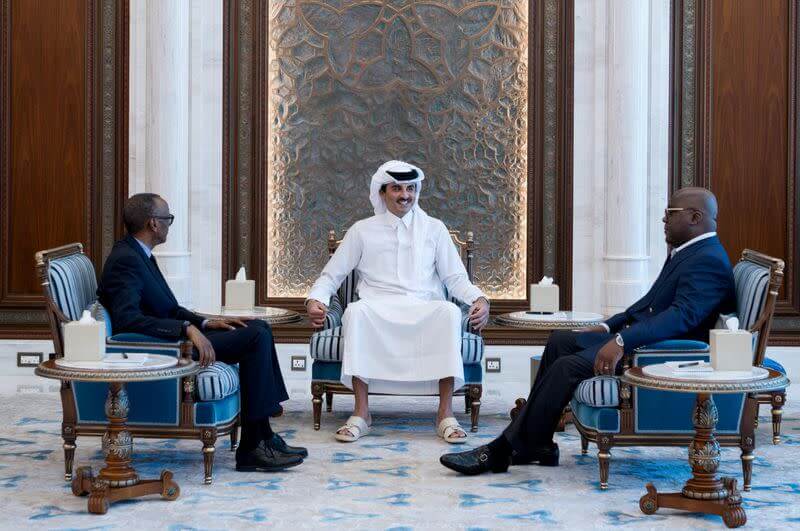



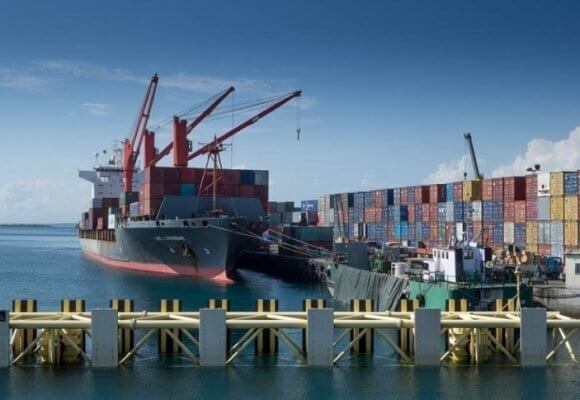
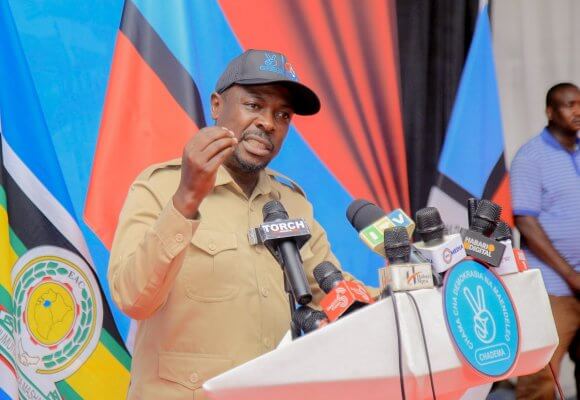
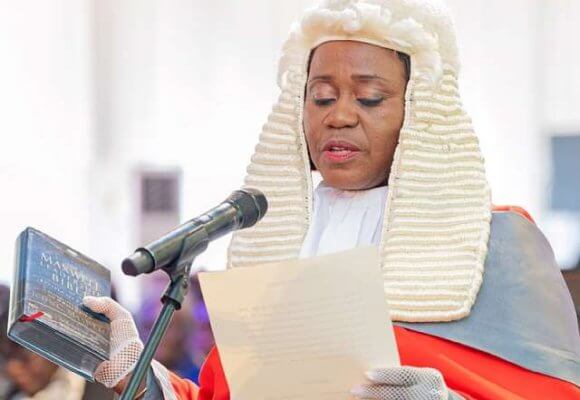
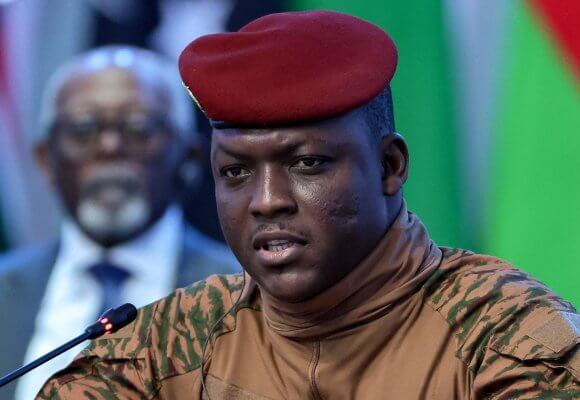


LEAVE A COMMENT
You must be logged in to post a comment.